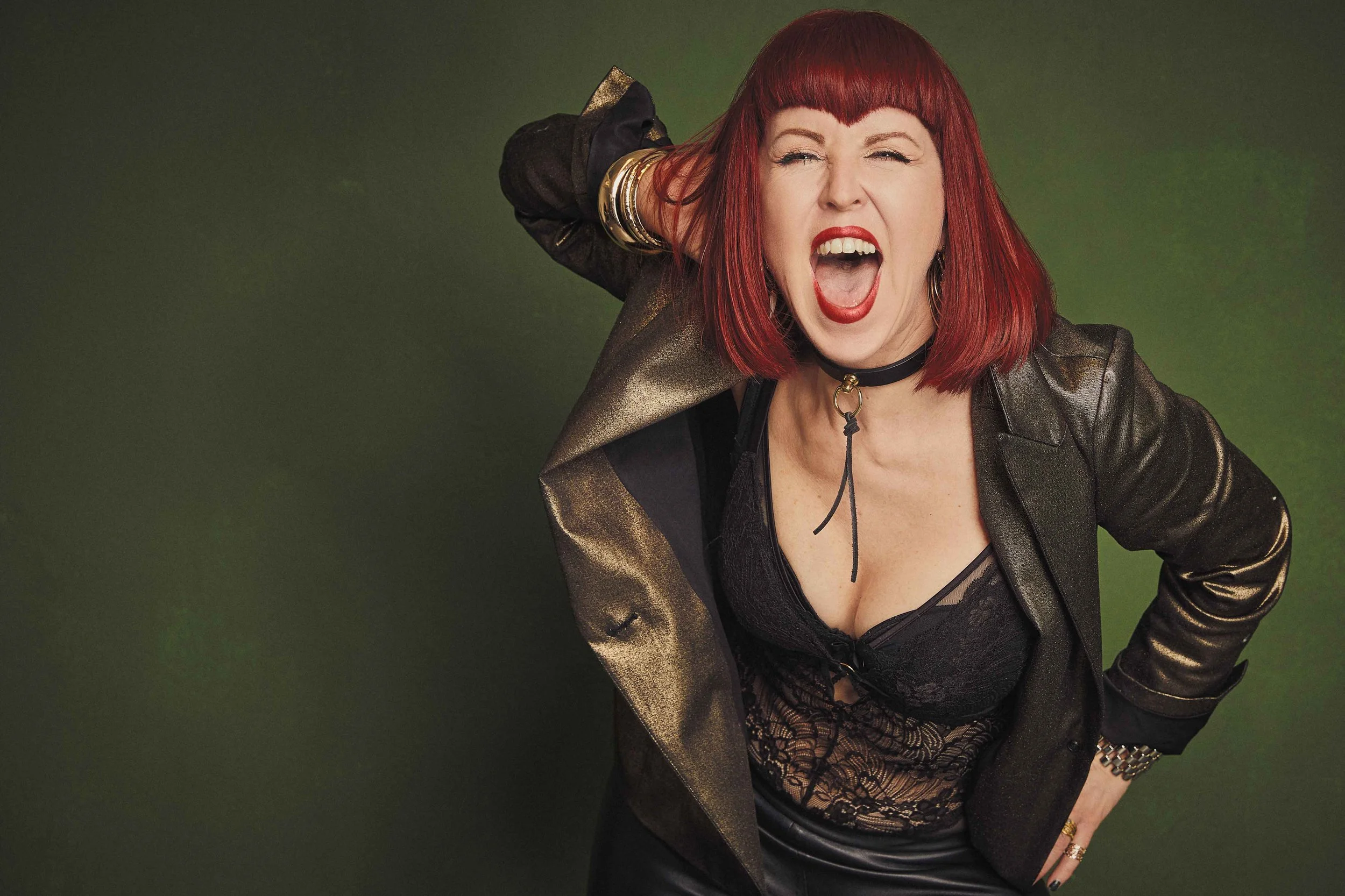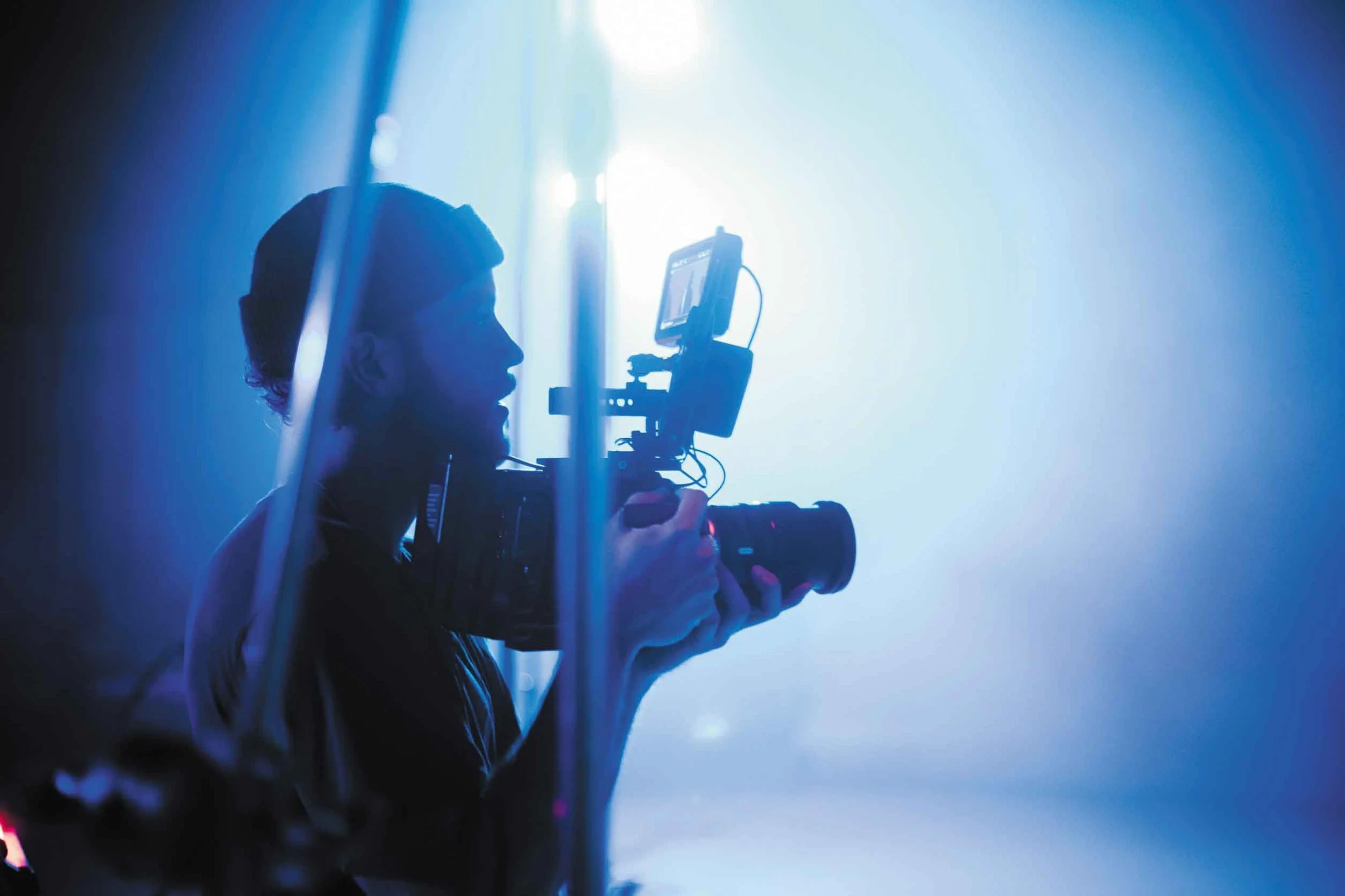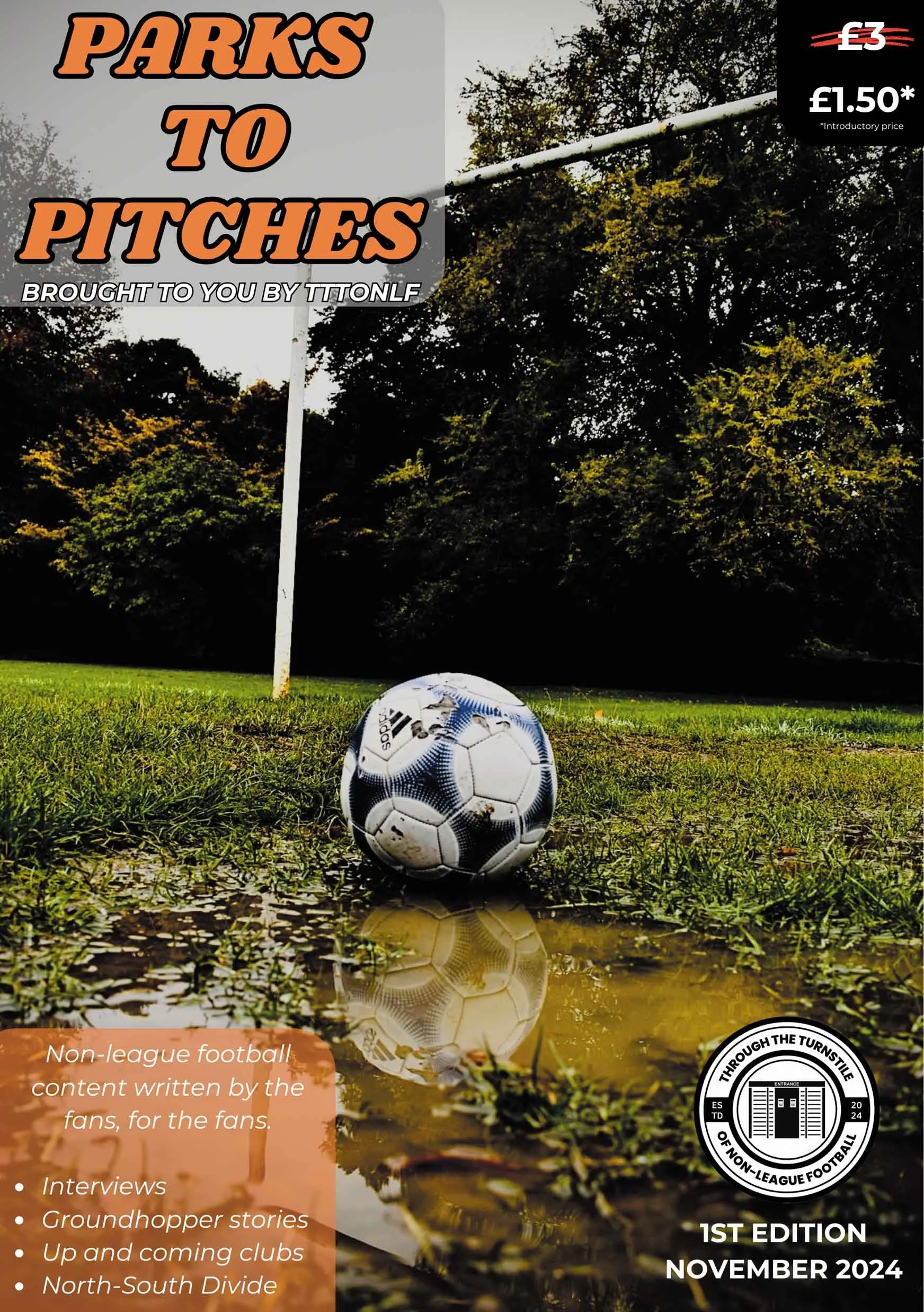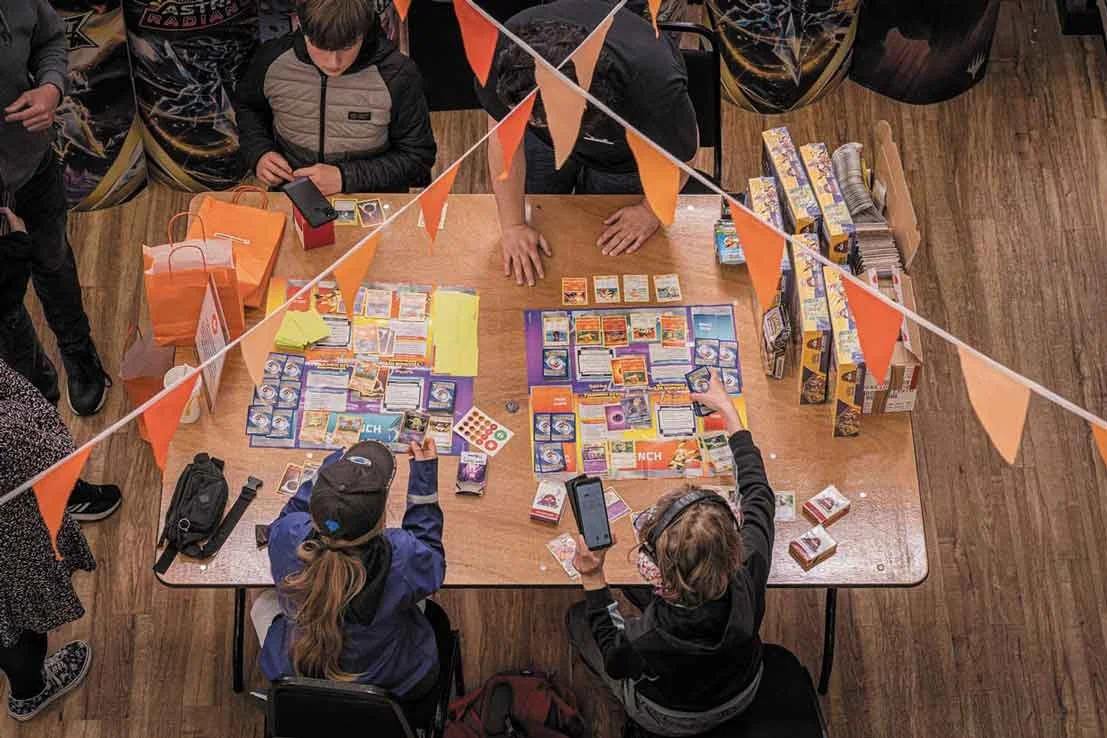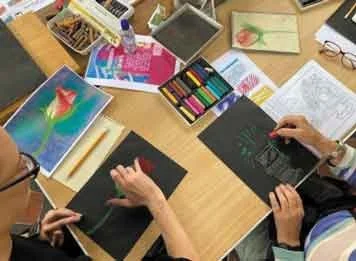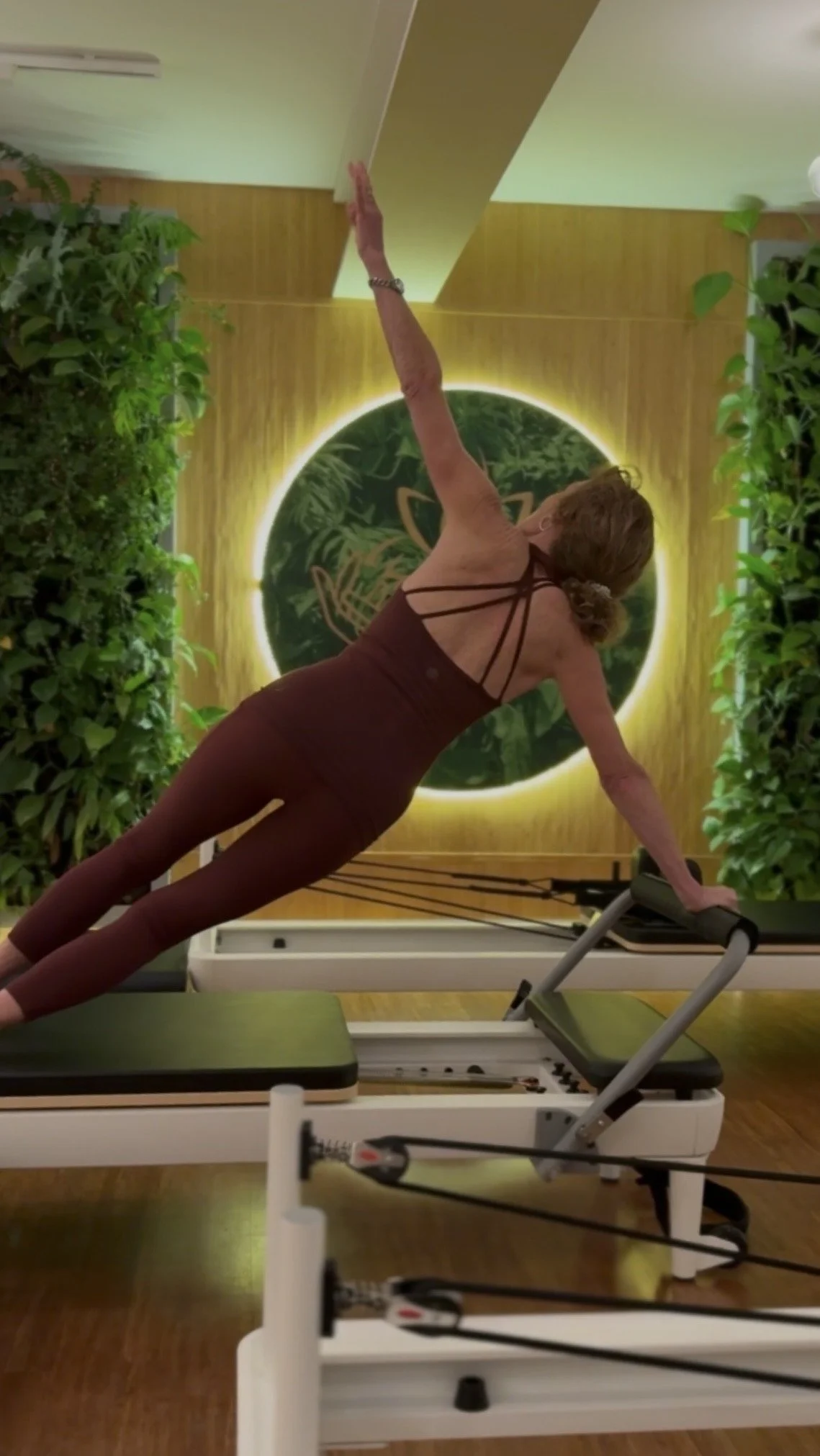Speaking Freely: Interview with lyricist Paul Cree
Renowned poet and lyricist Paul Cree on open mic nights, battle rapping pensioners and forging a career in the spoken word
Image by Matt Stridgen (@mattstridgen)
Having stood at the back of a performance during the first-ever Maidstone Literary Festival in 2023, it was inevitable that we had to speak with Paul Cree. An urban spoken-word performer, uttering amazing works that tread the line between poetry and rap, he captured a room that was filled with people of all ages. But he’s been doing that for years.
Paul has been performing around the UK for almost two decades, whether it be as an MC, battle rapper, storyteller or poet. From Ronnie Scott’s to Tate Britain and the Edinburgh Fringe to having his work showcased on BBC 1xtra, Paul brings his experiences to life through live shows and workshops with a wide range of community groups.
He has written and performed two solo shows - (2013) and The C/D Borderline (2016) - as well as co-writing and performing in the critically acclaimed No Milk For The Foxes (Beats & Elements, 2015).
A debut collection of poems and stories entitled The Suburban was published in 2019, while he has also released EPs of both spoken word and music. His topics can range from discussing the sh*tty jobs he’s had since leaving school at 17 to bull terriers running in the park. We got in touch to find out more…
Image by Matt Stridgen
Hey Paul, what is your average week looking like at the moment?
Two days a week I’m with an organisation called Dream Arts in Westminster. It’s a drama and music project working with a group of mainly unaccompanied asylum seekers. And we do that all year round. We spend a whole year making a show, and then they do a big performance in the summer, and they do a little tour. So that’s quite a big project.
The rest of the week, it varies, but usually I will have another workshop and sometimes a gig.
Great! So what does a Paul Cree workshop look like?
It’s split it into two, really. One side is the writing, poetry and spoken word. And then the other would be more like beatboxing or rapping.
There’ll be some kind of aim for the session, so that by the end I want them to have produced something.
If it’s beatboxing, they’ll be able to do their basics. And I’ll get them in a small group making a composition together with beats, with lyrics with a chorus and a melody.
And the same with a poem or spoken word. There’s some kind of piece of writing to share back to everyone else. Normally there’s a little game to get everyone in the mood to have a bit of a laugh, a few short exercises, a lot of call and response, getting them to feel comfortable.
I’ll demonstrate how I would put something together, whether that’s writing a simple poem, or quite often I’ll have a loop station with me and I’ll show them how to make a track.
Image by Matt Stridgen
So what type of people do you work with?
It’s mostly schools and youth groups and art organisations, but it does vary.
I did a battle rap workshop for senior citizens. They were being paired up with local mentors in their 30s or whatever. So I was battle rapping with all of these OAPs, it was brilliant.
Being able to turn creativity from a hobby into a job has got to be fantastic, right?
Yeah! I did other jobs for years and I was terrible at most of them. So I’m not very good at anything else other than this. I was out of education at 17 and did an apprenticeship for a computer company, which went bust. From 19 I worked in retail shops, worked as a cleaner, I did labouring, worked in call centres, until eventually I’d built up enough work like this to quit and go self-employed.
I had to drop back to part-time and worked in a school as a teaching assistant for three or four years and then built the work back up again.
It’s swings and roundabouts. Since the pandemic it’s probably taken two years to get back to close to what it was before. It’s not been easy. But at the same time, I wear hats and trainers all day!
Sometimes when I’m in workshops making beats and stuff and writing poems, and the kids are all enjoying themselves, I think ‘Yeah, man, I can’t believe I get paid to do this!’.
How did you discover that you had a knack for wordplay?
Well, I suppose when I was younger I wrote little stories and stuff. And my dad in particular was always quite encouraging of us doing this. He was quite a resourceful guy and I remember he would encourage us to write to authors and stuff. There was a book that I really liked as a kid called Napper McCann about this kid who starts a football team, and the writer was called Martin Waddell. He’s from Northern Ireland and somehow my dad was able to get his address.
I wrote to the guy and he wrote back to me every time and he wound up dedicating a book to me.
This is when I was really young. So I suppose it was all there. And I guess when I got to secondary school, that kind of thing wasn’t cool. And I hated school. So it all went out the window.
So where did the rapping come from?
I wanted to be a DJ. That’s kind of what everyone was into back then. But I shared a room with two of my brothers. One of them already was a DJ who had a part-time job and had enough money to go and buy a second set of belt drives, and my other brother had enough money to buy vinyl. They said to me one day ‘Why don’t you try MCing?’. I was a little white kid from Surrey - who does that? But on the back of an envelope, I would have started scribbling stuff and really got into it, and I played the drums. So I liked the rhythms. And to me rapping was playing the drums with words.
It took me a while to get around the basics of rapping rhythmically to a beat. And there’s a part of me that’s a little bit reclusive. I like sitting in a room or in a corner, or where no one else is around. And whether I’ve got some music on or not, I like sitting there scribbling.
Was the music the intention rather than spoken word?
Yeah, totally. I wouldn’t even know what spoken word was back then.
Everything that I’ve done has really been by serendipity. I moved to Brighton when I was 20 because I wanted to go into the music stuff and I’d had a few gigs and I knew a couple of people down there. And then I met this girl and she wrote poems. To me, it was a form of writing and it was loosely related to what I did. And before you know, I started messing around doing it myself and built up a whole load of them not really knowing what I was doing. One day, someone told me about open mic events - I went to one and then one thing led to another.
Iamge by Ali Wright
So many performers go down the open mic nights route. What did you think of them?
Horrible. There was one in London, which was the kind of go-to for a lot of people that came through in a certain era. It’s just off Covent Garden - The Poetry Society. To even go to the place was enough. The first time I went, I couldn’t go on. I sat there for three weeks in a row and just watched. Bearing in mind that I’d already been MCing for years in nightclubs, which could be quite a hostile thing. I’d had kids try to rip my mic off me. I’d been threatened with being beaten up numerous times. But for some reason, sitting in a packed little basement with a whole range of people from all over the world was just… I knew very little about poetry. I just had my little notebook packed full of poems that I’d kind of worked on thinking ‘I’m a fraud when we’re doing it. Everyone’s gonna hate it’. But eventually I did it and it went all right. I did that every week for two years.
I suppose that’s a great grounding for playing live?
I think that’s the beautiful thing, you never know how it’s gonna go. There’s a certain element of having to let go. You don’t know how something’s gonna land.
You can rehearse and do the most amount of preparation, but when you step out there, you don’t know what kind of mood the audience is in, you don’t know if a fire alarm’s gonna go off in the middle of your show, which has happened to me before, or a fight breaks out, you know what I mean? Random stuff.
You’ve done so many different things, what has been your career high point so far?
I’m also part of a theatre company called Beats & Elements and two of our plays plus another solo one written by my friend were published in a book by Methuen Drama, which is part of Bloomsbury. And as part of that we had an academic spend time with us and write about the work and collate all the reviews. We had a foreword written by Jonzi D, who’s a legend in the UK hip-hop theatre. That was nuts, knowing that it’s in libraries, universities and stuff like that.
I also had my own book come out in 2018 - a collection of stories and poems. When I got the proof through for the book and you see that page on the inside with all the copyright and legal spiel, which is meaningless to most people, I was, like, ‘Sh*t, that’s mine!’.






